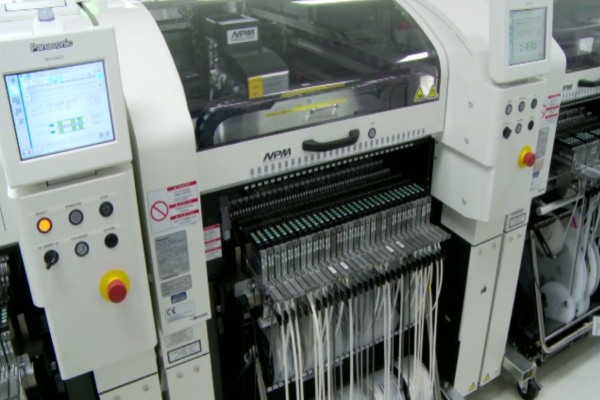Some industries are quicker to adapt to technological advancement. The insurance industry may have a mixed record on how well it has used the Internet and various communications platforms but it does not appear to be hesitating on deploying tools that rely on Artificial Intelligence (AI). In fact, it almost looks like every significant player in the insurance industry is picking up efficiencies with AI; especially the providers involved in claims processing.
The management of insurance claims is being improved mostly by product leaders within various companies, and their jobs are never simple. In virtually every field, a product leader is tasked with keeping an eye on tectonic shifts in markets and technology, finding resources to address those changes, and manage the day-to-day of the customer experience and engagement.
Tracking the almost profound transformations underway in the insurance industry is difficult even for the experts. One of the most dramatic evolutions we are watching at Blacklight is connected to improved efficiencies in claims management. New tools driven by machine learning and AI are improving interfaces with customers, acquisition of data on specific claims, and shortening service delivery times in an otherwise traditional business domain.
Evolution of the insurance industry to take advantage of web based technologies and AI is being prompted by partnerships and acquisitions. Mature insurance companies are buying or collaborating with disruptive players in the space and developing strategies that can be launched quickly and make an impact on the appeal of their products and services.
Genpact, for example, which provides global professional services to improve the delivery of digital products, just acquired OnSource, creators of the Inspection-as-a-Service product for property and casualty insurance carriers and their customers. The purchase will see the insured getting access to self-service applications, real-time browser-based communications, and even drones to acquire and deliver accurate information for the settlement of claims. .
What does that mean when translated from marketing language?
Genpact will have an intelligent and interactive inspection process to offer customers, which will deploy AI, a dynamic workflow, and mobility to gather and assess precise information for shorter cycle times on the delivery of services like claims settlements. Inspection-as-a-service requires machine intelligence for capacity and efficiency, and an acquisition of this nature in the business process management space is an affirmation of the value of disruption in an historically stable and conservative industry like insurance.
An earlier acquisition of BrightClaim by GenPact had already enabled the company to offer a platform that reduced loss costs by 3-5% using predictive analytics. The addition of OnSource to the portfolio with BrightClaim will facilitate greater focus on adding AI to the claims process to create new efficiencies, and further automate aspects of the claims and appraisal processes. GenPact has obviously made a strategic business decision to position resources and capabilities in end-to-end claims management, which is a big investment in artificial intelligence and its future in the insurance industry.
Symbility,, a Toronto software company that focuses on bringing technology to the insurance space, has announced a partnership with DeepLearni.ng . The agreement will add artificial intelligence capabilities to Symbility’s claims technology. Symbility executives believe the outcome of this alliance will be something greater than the typical predictive analytics-based optimization and forecasting. Their goal is to use an artificial intelligence application to optimize and create self-service claims management. Because claims represent an area of tremendous inefficiency that involves a great deal of manual review, an increasing number of insurance companies are turning to AI to reduce loss and human error.
“The insurance industry is the perfect space for AI right now with all the resources required to get machine learning projects off the ground: lots of context-rich data and interesting use cases”
Another example? How about Lemonade, a smaller, but quickly growing player in the insurance space? Lemonade has become licensed in 13 states, most recently New Jersey, and is overtaking much larger organizations in terms of growth and raw numbers of customers. They offer an “Instant Everything,” mobile-enabled property insurance and they are creating an artificially intelligent claims agent that reaches out for human help only when required.
Obviously, AI is no longer an option in the insurance industry and claims management. It is a necessity to be competitive and improve customer experiences.
“Our team spent months learning how claims are handled by humans in old insurance companies. We then used this knowledge to craft an instant claims experience for our claims bot — AI Jim. The algorithms powering AI Jim ‘understand’ the nature of claims, their severity, and whether the user is in a state of emergency. AI Jim also tries to assess the likelihood of a claim being fraudulent and even nudges people to be more honest by incorporating years of behavioral economics research into every little detail in the conversation and the UI.”
Software isn’t eating the world. It’s eating our problems.






